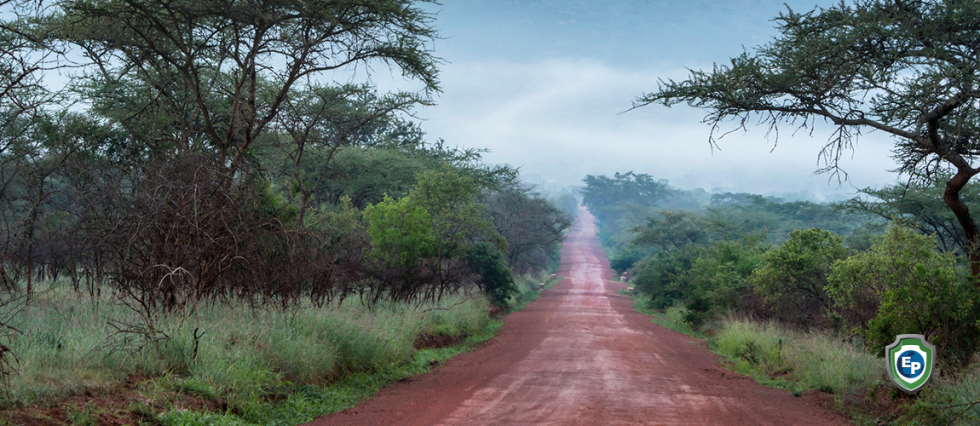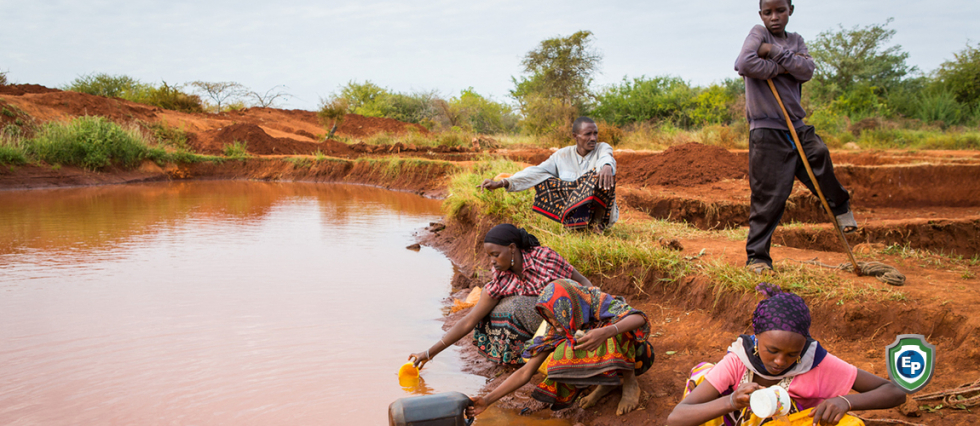Infrastructural Challenges Facing SMEs in Cameroon
SMEs depend on public infrastructure to do business, and in Cameroon, there’s a long way to go before they have that kind of support. Learn more in this blog!

SMEs depend on public infrastructure to do business, and in Cameroon, there’s a long way to go before they have that kind of support. Moving and storing goods, communicating, and access to means of production are just a few of the infrastructural challenges facing SMEs in Cameroon.
Less than 20 percent of roads in Cameroon are tarred, with a significant amount of tarred roads in poor condition needing repair and maintenance. For a country that heavily depends on agriculture and raw materials like wood moving from rural and forest areas, this is not good enough. Farmers and business people lose out when they transport perishable foods and struggle to get their products to ports for export. Poor road infrastructure is one of the factors impeding the growth of ecommerce and the services industry. The Bamenda-Ekok road into Nigeria is an excellent example of how a well-executed project can cut down on traveling time and boost trade between towns, regions, and nations. Most Cameroonians have never used a train or flown on a plane, and Camair-Co, the country’s national airline, has always been in trouble.
When Cameroonian SMEs succeed in getting goods to their destination, storing their products isn’t as convenient as it should be. Much produce is wasted with no warehouses available to farmers, leading to considerable losses in the sale of perishable goods. This is also the case at Cameroon’s ports, where the infrastructure still leaves much to be desired. SMEs hope on-going work, especially in Kribi, will improve the situation.

Recent power outages have once again highlighted Cameroon’s failure to diversify energy production and its dependence on hydroelectric power. On the plus side, businesses are beginning to realize how dangerous it can be to depend on the government to deliver in this area and are starting to embrace alternative sources. Solar is still at its infancy, but SMEs seeking reliable and cheaper solutions are growing into it, as well as backing up with generators. Only 20 percent of rural areas in Cameroon have access to electricity, making it difficult for SMEs to operate for extended hours. Added to this is access to clean water that is essential for SMEs to carry out their day to day activities or use as a means of production.
For other sectors of the economy like tourism, social infrastructures like public spaces, gardens, halls, libraries, museums, parks, and cultural institutions are vital to encourage interest in Cameroon’s vast historical, cultural and biodiversity offering. Often branded as Africa in miniature, SMEs lack the spaces to sell the country to the world.
Education has been making slow progress towards specialization and vocational training, but for it to create a meaningful impact, it will need long-term investment in equipment and infrastructure. The country is still in the red when it comes to healthcare and workers’ rights, but perhaps its most significant victory is the progress it has made in mobile technology and network infrastructure.
Learn More with Export Portal
At Export Portal, we believe in being a truly comprehensive international trade marketplace. That includes helping our users learn everything they need to know about global trade. Subscribe to our newsletter today to stay in the loop!






Comments 0